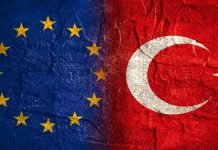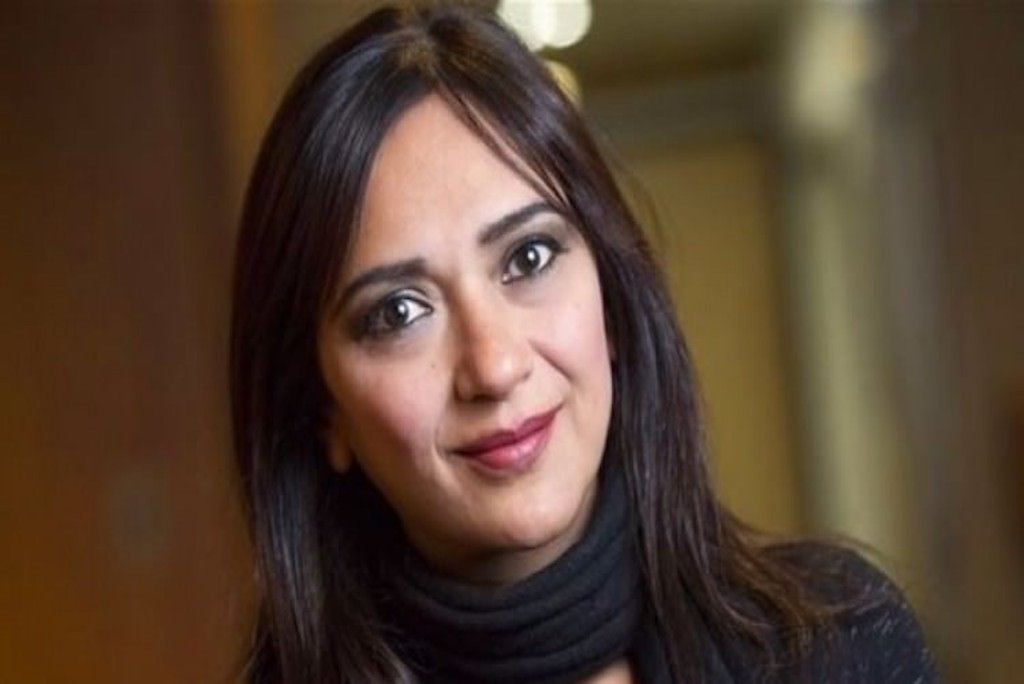Three men from the same family who were arrested in Turkey on trumped-up terrorism charges have been diagnosed with COVID-19 in prison, Bold Medya reported.
Hüseyin Yüce, 61, his son Yusuf Yüce and son-in-law Osman Cingöz, who are imprisoned in the southwestern province of Burdur, have been suffering from COVID-19 for a week. Yüce’s daughter Vesile Cingöz said she has been trying to reach authorities to inquire about their health to no avail.
Cingöz added that the three men were not taken to the hospital nor were they seen by a doctor. “My brother said they had been writing petitions to see a doctor for the past week,” she said.
According to Cingöz after several cases, the prison administration was compelled to test the inmates, and it turned out there were many cases of COVID-19 in Burdur Prison. She said after the increase in positive tests inmates were barred from calling their families, so they were left in the dark about the situation.
The three men were arrested for alleged membership in the Gülen movement. Yüce was sentenced to six years, three months in prison. Although he has been eligible for early parole since May 10, 2020 after serving two-thirds of his sentence, he was repeatedly denied release.
Yusuf Yüce is a medical doctor and was sentenced to eight years, nine months in prison. His sentence was upheld by the Supreme Court of Appeals, and he is suffering from facial paralysis in prison due to the stress.
Osman Cingöz was a mathematics teacher and was sentenced to seven years, one month in prison.
Turkish President Recep Tayyip Erdoğan has been targeting followers of the Gülen movement, a faith-based group inspired by Turkish cleric Fethullah Gülen, since the corruption investigations of December 17-25, 2013, which implicated then-Prime Minister Erdoğan, his family members, and his inner circle.
Dismissing the investigations as a Gülenist coup and conspiracy against his government, Erdoğan designated the movement as a terrorist organization and began to target its members. He locked up tens of thousands including many prosecutors, judges and police officers involved in the investigations as well as journalists who reported on them.
Erdoğan intensified the crackdown on the movement following a coup attempt on July 15, 2016 that he accused Gülen of masterminding. Gülen and the movement strongly deny involvement in the abortive putsch or any terrorist activity.
The Turkish parliament passed an early parole law on April 14 aimed at reducing the inmate population of the country’s overcrowded prisons due to the coronavirus pandemic. The legislation, which excludes political prisoners such as politicians, journalists, lawyers, academics and human rights defenders convicted under the country’s controversial counterterrorism laws, prompted calls from the UN and the EU for the non-discriminatory reduction of prison populations.
Züleyha Gülüm, a deputy from the pro-Kurdish Peoples’ Democratic Party (HDP), criticized the double standard of the law, saying Turkish prisons were turning into scenes of massacre as COVID-19 cases in the country have reached 520,167 with a daily increase of more than 32,000 cases.
There have been cases where prisoners died of COVID-19 or under unclear circumstances in quarantine cells.
Amnesty International and 26 other rights groups and civil society organizations from Turkey and around the world released a joint statement in March calling for the release of Turkey’s political prisoners, particularly those with a high risk of complications due to COVID-19, caused by the novel coronavirus.
The statement echoed previous calls on the Turkish government by rights defenders to relieve the overcrowded prisons and protect the lives of prisoners who are at high risk of infection. “In Turkey, anti-terrorism legislation is vague and abused in trumped up cases against journalists, opposition political activists, lawyers, human rights defenders and others expressing dissenting opinions,” the statement said.















